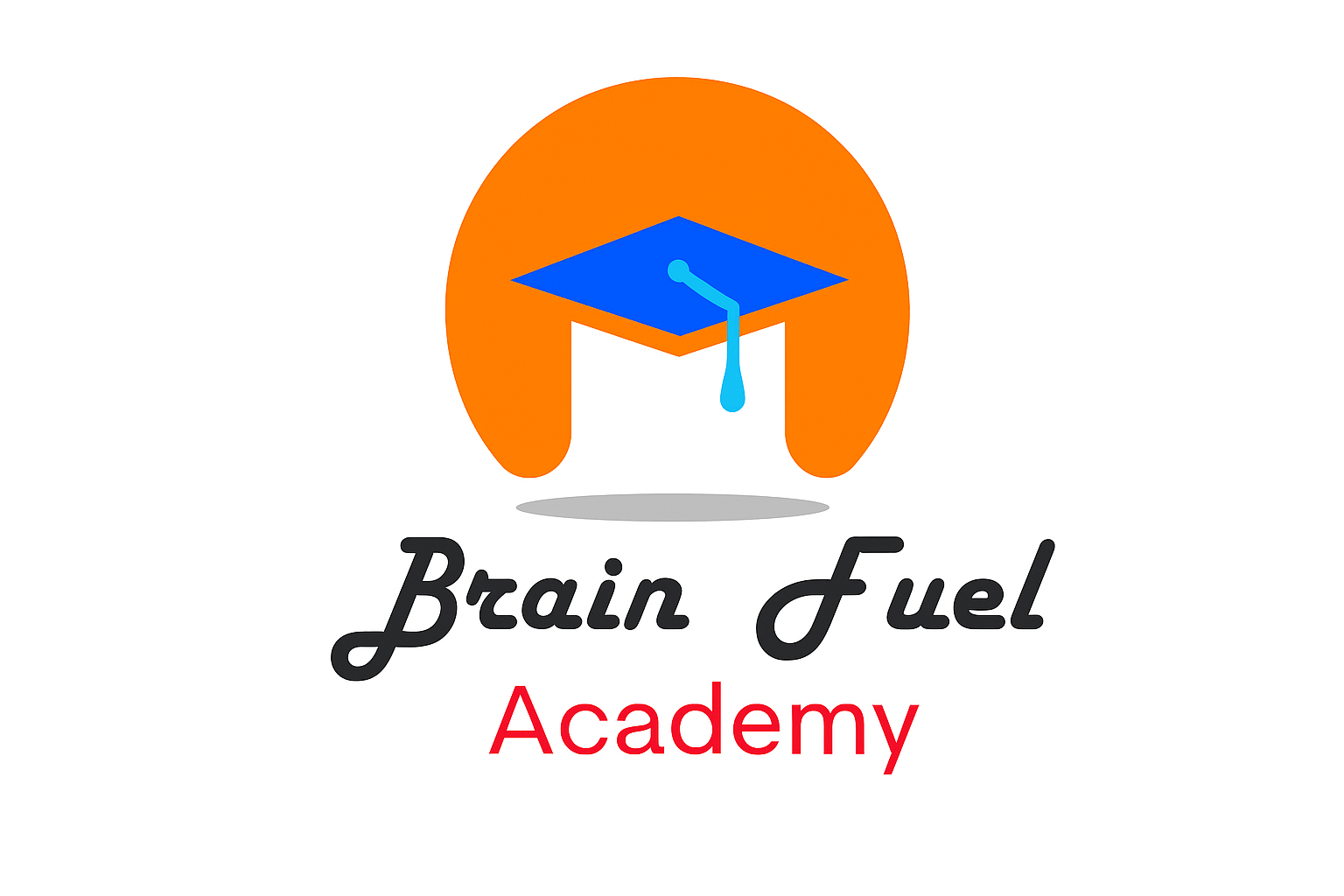Currently Empty: $0.00
What is Grammar?
At its core, grammar is the system of rules that governs how we structure sentences, form words, and use punctuation in English. It ensures that language is both meaningful and easy to understand. Good grammar helps you express your ideas clearly, while poor grammar can create confusion and misunderstandings.
Key Components of English Grammar
Let’s begin by breaking down the key components of English grammar. We will focus on parts of speech, sentence structure, and verb tenses, as these are the building blocks of English.
1. Parts of Speech
Parts of speech are the categories into which words are classified based on their function in a sentence. There are eight main parts of speech in English, and understanding each one is crucial for constructing sentences correctly.
a) Nouns
Nouns are words that represent people, places, things, or ideas.
-
Examples: dog, school, happiness, teacher.
b) Pronouns
Pronouns replace nouns in a sentence to avoid repetition.
-
Examples: he, she, they, it.
c) Verbs
Verbs express action or being. They are the heart of any sentence, describing what the subject does or the state it’s in.
-
Examples: run, eat, is, think.
d) Adjectives
Adjectives describe or modify nouns, providing more detail about them.
-
Examples: happy, blue, tall, interesting.
e) Adverbs
Adverbs modify verbs, adjectives, or other adverbs, indicating how, when, where, or to what extent something occurs.
-
Examples: quickly, very, well, yesterday.
f) Prepositions
Prepositions show the relationship between a noun (or pronoun) and other words in a sentence, usually indicating direction, location, or time.
-
Examples: in, on, under, before.
g) Conjunctions
Conjunctions connect words, phrases, or clauses.
-
Examples: and, but, because, although.
h) Interjections
Interjections are short exclamatory words or phrases that express strong feelings or reactions.
-
Examples: Wow!, Oops!, Hey!, Oh no!.
2. Sentence Structure
Sentence structure refers to how words, phrases, and clauses are arranged to create meaningful sentences. There are four main types of sentences in English, each serving a different purpose:
a) Simple Sentences
A simple sentence consists of one independent clause—a group of words that expresses a complete thought.
-
Example: “She loves to read.”
b) Compound Sentences
A compound sentence contains two independent clauses joined by a coordinating conjunction (such as and, but, or so).
-
Example: “I wanted to go to the beach, but it started raining.”
c) Complex Sentences
A complex sentence contains one independent clause and at least one dependent clause. A dependent clause cannot stand alone and relies on the independent clause.
-
Example: “Although it was raining, I decided to go for a walk.”
d) Compound-Complex Sentences
A compound-complex sentence combines elements of compound and complex sentences. It contains at least two independent clauses and one or more dependent clauses.
-
Example: “I went to the store because I needed milk, and I saw my friend there.”
3. Verb Tenses
Verb tenses are essential in English grammar because they tell us when an action takes place—whether it is in the past, present, or future. Understanding verb tenses allows you to express time accurately.
a) Present Simple Tense
The present simple tense is used to talk about habits, routines, facts, and general truths.
-
Examples:
-
“I study English every day.”
-
“Water boils at 100°C.”
-
b) Past Simple Tense
The past simple tense is used to talk about actions that happened at a specific time in the past.
-
Examples:
-
“I visited Paris last summer.”
-
“She graduated in 2010.”
-
c) Future Simple Tense
The future simple tense is used to talk about actions that will happen in the future.
-
Examples:
-
“I will meet you tomorrow.”
-
“They will finish the project next week.”
-
d) Present Continuous Tense
The present continuous tense is used to talk about actions that are happening right now or around the current time.
-
Examples:
-
“I am studying for my exam.”
-
“She is working on her assignment.”
-
e) Past Continuous Tense
The past continuous tense is used to describe actions that were ongoing in the past.
-
Examples:
-
“I was watching TV when you called.”
-
“They were eating dinner when the power went out.”
-
f) Present Perfect Tense
The present perfect tense is used to talk about actions that started in the past and are relevant to the present.
-
Examples:
-
“I have finished my homework.”
-
“She has lived in this city for five years.”
-
g) Future Continuous Tense
The future continuous tense is used to describe actions that will be ongoing in the future.
-
Examples:
-
“I will be studying at 8 PM.”
-
“They will be traveling next week.”
-
4. Subject-Verb Agreement
One of the most important rules in English grammar is that the subject and verb in a sentence must agree in number (singular or plural).
-
Examples:
-
Singular: “The dog runs fast.”
-
Plural: “The dogs run fast.”
-
5. Punctuation
Proper punctuation is essential in English grammar because it helps clarify meaning and organizes ideas. Common punctuation marks include:
-
Period (.): Marks the end of a sentence.
-
Comma (,): Separates items in a list or clauses in a sentence.
-
Question Mark (?): Used at the end of a question.
-
Exclamation Mark (!): Used to show strong emotion or emphasis.
-
Quotation Marks (“”): Used to show direct speech or a quote.
-
Apostrophe (‘): Used to indicate possession or contractions.


